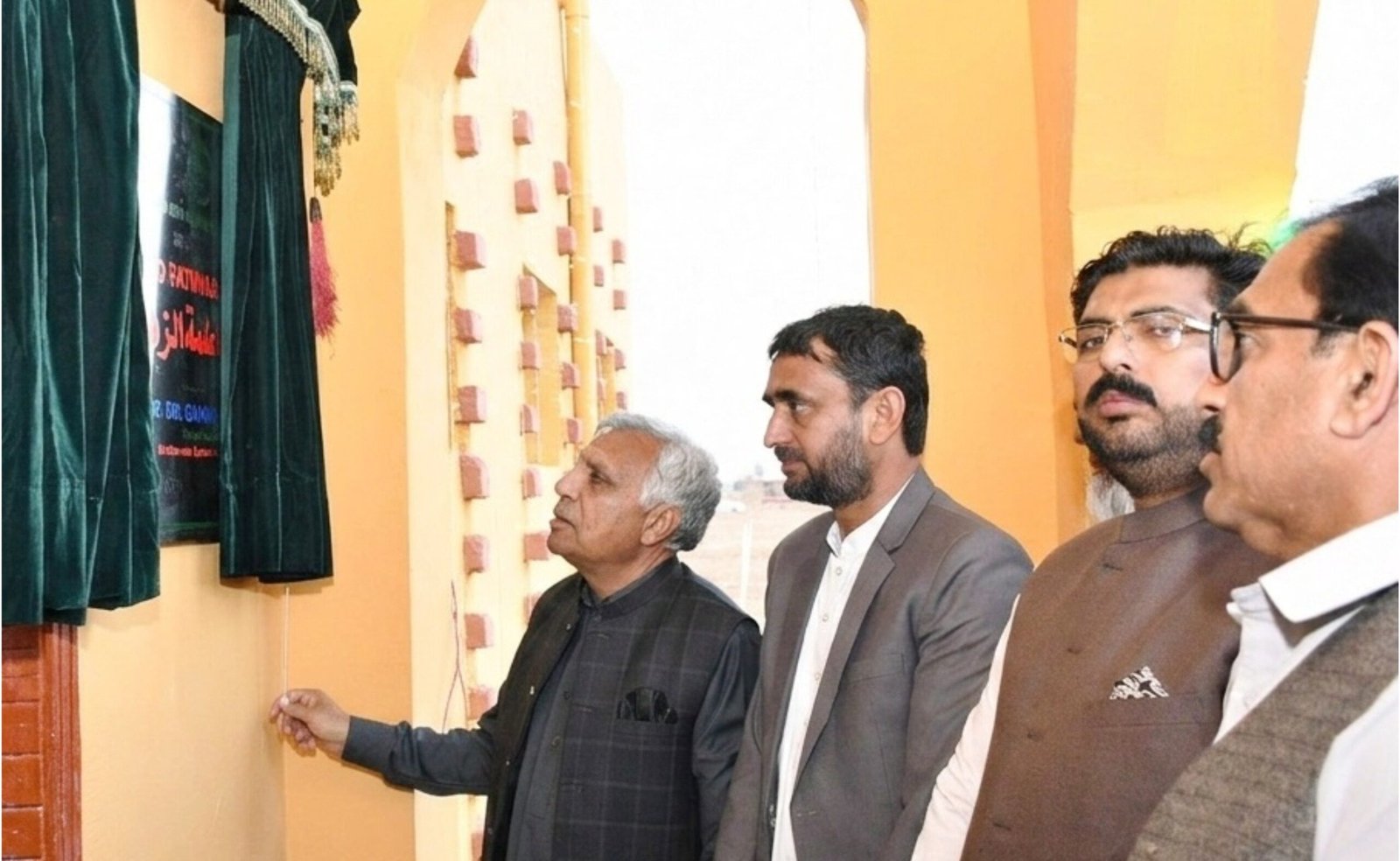Venture capital (VC) serves as a cornerstone for fostering
innovation and economic growth within Pakistan’s nascent
entrepreneurial ecosystem. In 2023, despite global economic
headwinds, Pakistani startups secured $75.6 million in funding,
with technology, fintech, and e-commerce collectively accounting
for 80% of the investment. While challenges such as economic
volatility and limited late-stage financing persist, the nation’s
youthful population, growing internet penetration, and untapped markets present significant
opportunities. Government initiatives like “Startup Pakistan” and international collaborations are
accelerating ecosystem development.
VC firms employ rigorous evaluation criteria, emphasizing scalability, market potential, financial
robustness, and leadership quality. Startups that successfully attract investment exhibit market
traction, clear exit strategies, global scalability, and strong leadership aligned with strategic
partnerships.
Key sectors capturing VC attention include fintech, e-commerce, health tech, edtech, renewable
energy, agritech, and logistics. Pakistan’s VC landscape, though at an early stage, is marked by
smaller deal sizes and a pronounced focus on localized sectors such as agriculture and
sustainability, distinguishing it from mature global markets.
Insights from Shark Tank Pakistan reveal the intricacies of funding
negotiations, highlighting the delicate balance founders must strike between
equity retention and securing strategic alliances. The unprecedented PKR 1.5
billion investment in Saraaf underscores the immense potential for high-impact
deals within Pakistan.
Angel investors, while vital in early-stage financing, play a dual role as benefactors and
stakeholders, often exerting influence on operational decisions. Founders must carefully negotiate
terms to ensure alignment with long-term objectives while leveraging the mentorship and strategic
guidance offered by these investors. Prominent VC firms shaping Pakistan’s entrepreneurial
landscape include:
- Sarmayacar: Supporting tech-driven startups such as Bykea and Jugnu.
- Fatima Gobi Ventures: Investing in sectors like agriculture and sustainability with
companies like Tazah and SafePay. - Zayn Capital: Focusing on fintech and e-commerce, backing platforms like Neem and
Tajir.
Despite structural challenges, Pakistan’s VC ecosystem is poised for substantial growth.
Opportunities lie in sectors such as AI, blockchain, and women-led enterprises, alongside the
potential of leveraging the diaspora for investment and mentorship. With strategic advancements,
Pakistan is emerging as a competitive hub for global innovation and entrepreneurship







 Today's E-Paper
Today's E-Paper